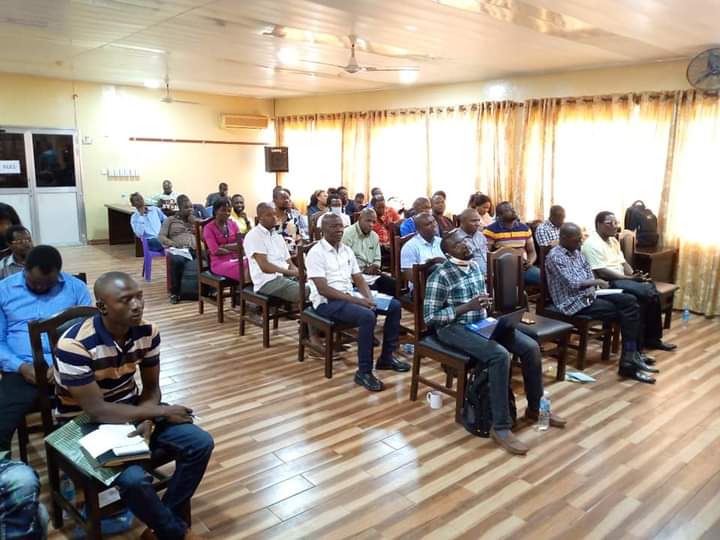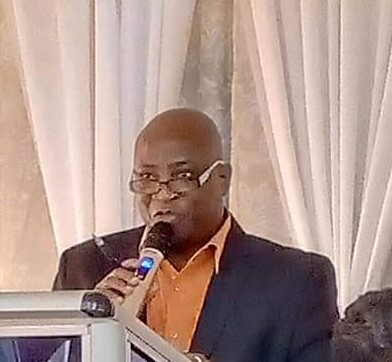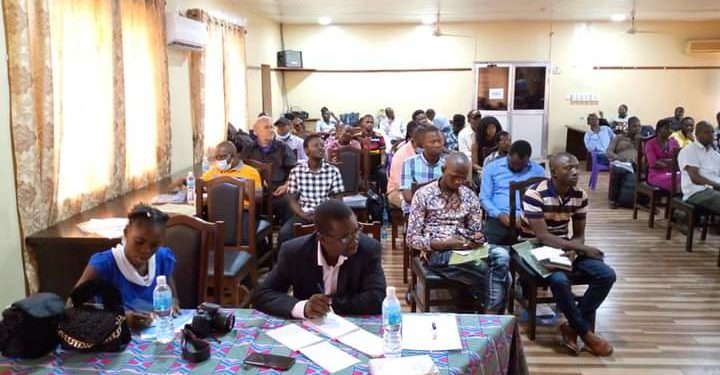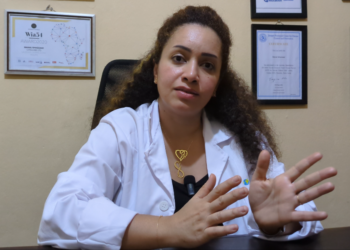The Guild of Newspaper Editors Sierra Leone (GoNESL) on Monday held a one-day meeting aimed at reforming the umbrella body of newspaper editors in the country.
Over 60 senior journalists gathered at the conference hall of the Council of Churches Sierra Leone to deliberate on issues they say are affecting the media in general and the print media in particular.
“Globally newspapers are dying, and more so in Sierra Leone,” said Yeama Thompson, who chaired the opening ceremony of the meeting. She spoke about the need for a rethink of the business model in the media landscape in order to deal with the poverty that threatened the future of journalism in the country.
“I think we are at the crossroad between change and destruction. We need to actually start thinking about the future. Is pluralistic media to our benefit,” Ms Thompson, who is the Managing Editor of the government owned Sierra Leone News Agency, added.
Globally the news media is going through soul searching, given the growing influence of new media, which has made the traditional media more or less redundant not just in terms of timely dissemination of news but also revenue generation for sustenance. For the print media, the problem is compounded by its apparent inability to match the growing influence of new media in terms of relevance of contents.
Data from the Independent Media Commission (IMC) show that there are 217 registered newspapers in Sierra Leone. From this, according to the media regulating body, only 47 are active.
Media leaders say this is partly an indication of the problems facing the industry, which they say calls for innovative approach to overcome them.
According to IMC Chairman, George Khoriyama, this situation has forced the mainstream media to water down the quality of its contents.
“The need for informative and consultative meeting of this nature therefore cannot be overemphasized,” he said.

Dr Victor Massaquoi, Chairman of the Board of the Media Reform Coordinating Group (MRCG), said the meeting of newspaper editors is important because of the need to safeguard the role of the media in protecting democracy.
MRCG is an independent agency that seeks to reform the media with the goal of strengthening democratic dialogue, consolidating peace and ensuring development through professional, independent and sustainable media.
MRCG sourced the funds to facilitate Monday’s meeting through the US-based National Endowment for Democracy.
According to Dr Massaquoi, there were many important reasons for the MRCG to help develop the Guild. But he cited two important ones that he said stood out – raising the standard of journalism and protecting freedom of expression.
As gatekeepers, he noted, it is the responsibility of editors to ensure that freedom of expression is guaranteed and that their staff are capacitated to ensure this.
Massaquoi stressed that MRCG is particularly interested in seeing that the governance structure of the guild is reviewed so that it can be more effective.
“The criticality of editors in this country cannot be overstated. We hope that after restructuring, we will be able to utilize the Guild of editors as a platform for peer review,” he said.
Donald Theo Harding, Chairperson of the Guild, was impressed about the high turnout of editors to the meeting. He however lamented the atmosphere under which he and his executive had worked in the last six years they have been at the helm, due to lack of cooperation from colleague editors, among others.
Harding first assumed the leadership of the guild in an interim capacity, before he was elected a substantive chairman six years ago. In a statement, he gave an insight into the state of the organization since then and the efforts his executive made to keep it alive and relevant. He noted that his goal is to reform and transform it so that it can take its rightful place.

Sierra Leone. Image, courtesy
But in order for this to happen, Harding added, other important factors must be looked at, like how editors are overlooked when it comes to opportunities for professional development, or how the government itself tends to leave out the Guild when it comes to opportunities for organizational development.
SLAJ President Ahmed Sahid Nasrallah appealed to editors for a rethink of their approach to coverage of national issues, noting that there has been too much focus on politics and politicians. Nsarallah urged the media to make sure to set the agenda, rather than letting politicians do so at the peril of national interests.
Minister of Information and Communication, Mohamed Rahman Swaray, gave the keynote address, which focused on the role of the media in fostering democracy and development.
In spite of all the challenges facing the media, he said, the sector had done a great deal holding the fort. But Swaray believes that there is a lot more room for improvement in order to maximize the impact of the media and safeguard its future.
Among the issues on the agenda for discussion by the editors were advertisement and access to printing material and facilities, as well as the role of the media in the next general elections.






















